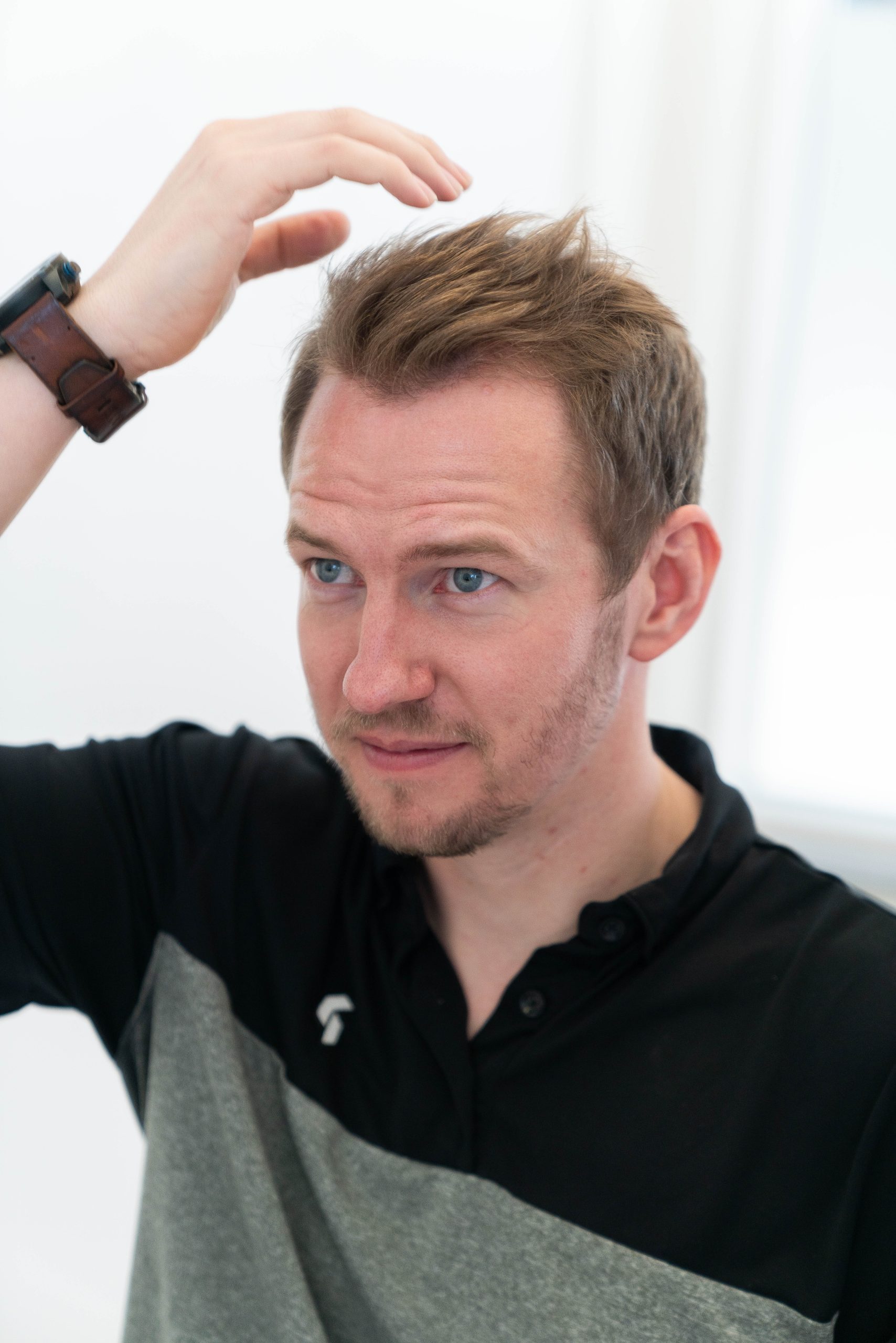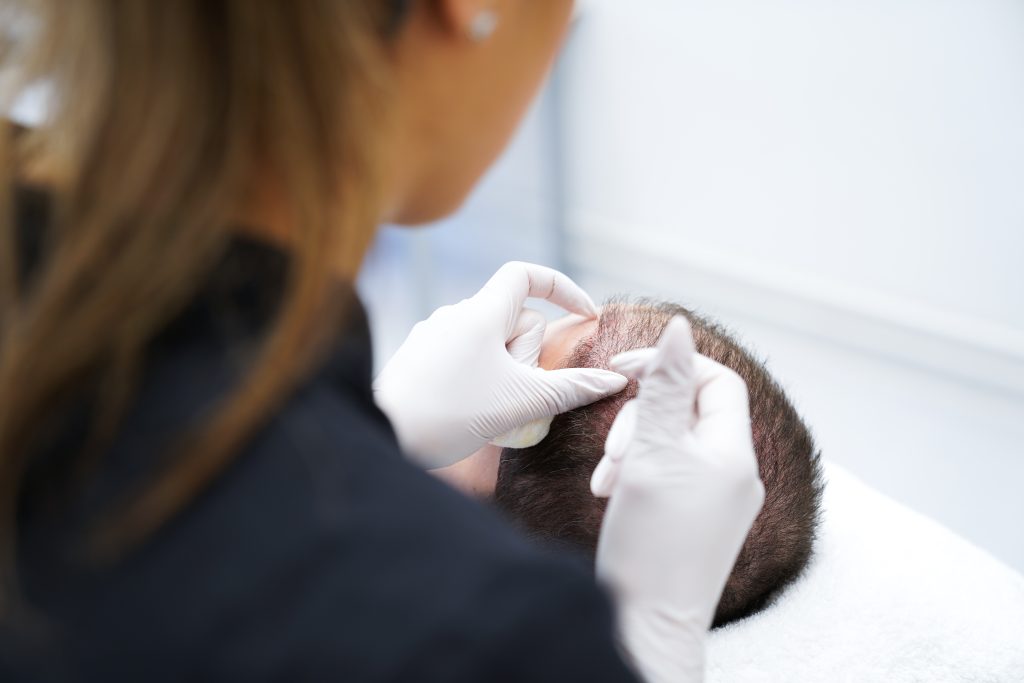oily skin on the scalp
Causes of seborrhea in the scalp
Acne is generally considered a teenage disease that can persist into adulthood for millions of people.
Seborrhea can cause the scalp and hair to feel oily or greasy. However, unlike seborrheic eczema, oiliness is not associated with crusting, inflammation and intense itching.
The cause of severe seborrhea should be diagnosed by a dermatologist to rule out other conditions and to determine the best treatment.
Seborrheic eczema is a common, chronic disease that affects people of all ages – from babies to middle age.
The disease is most prominent in the first 3 months of life and from ages 30 to 70 years. This disease can lead to hair loss.

